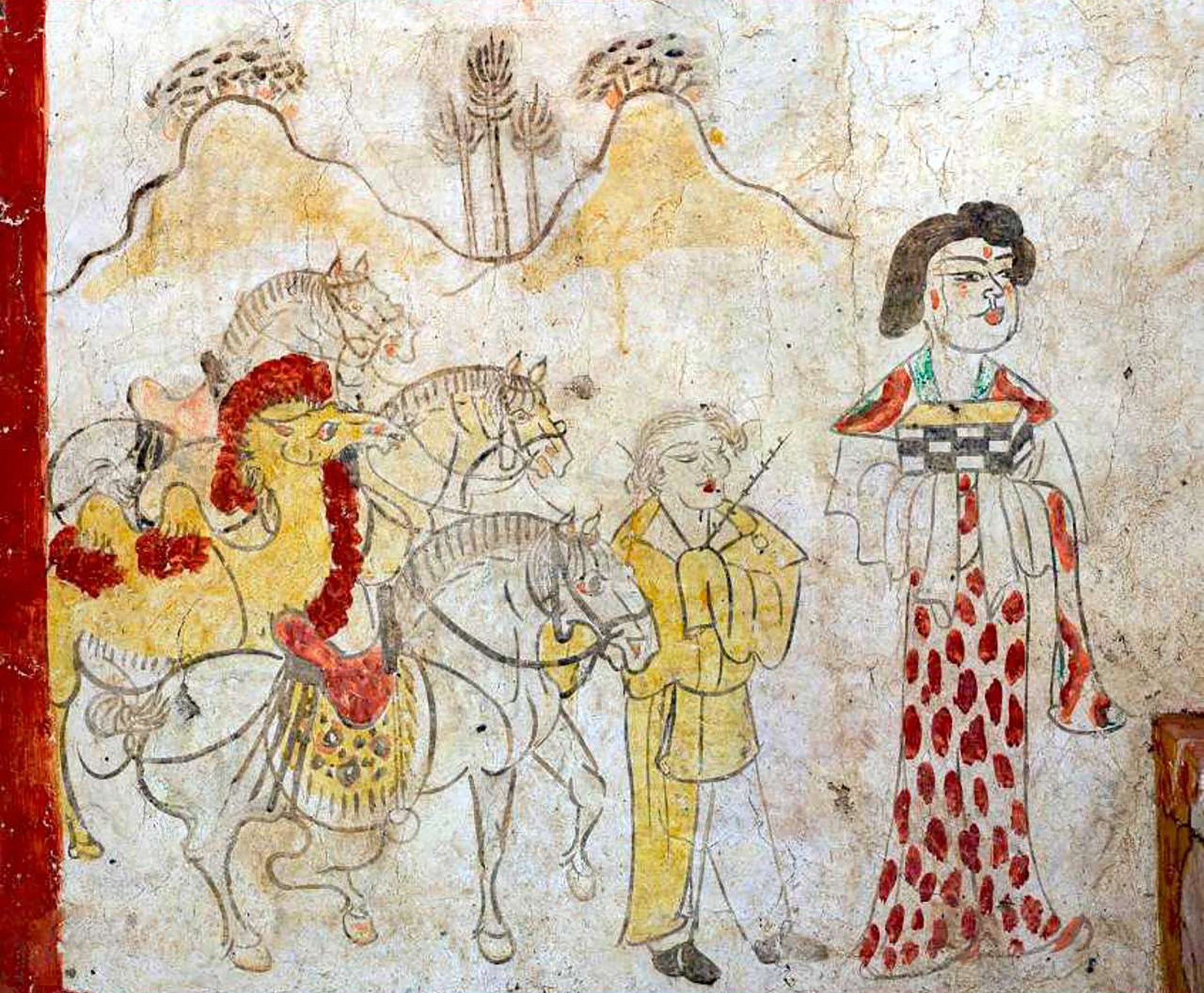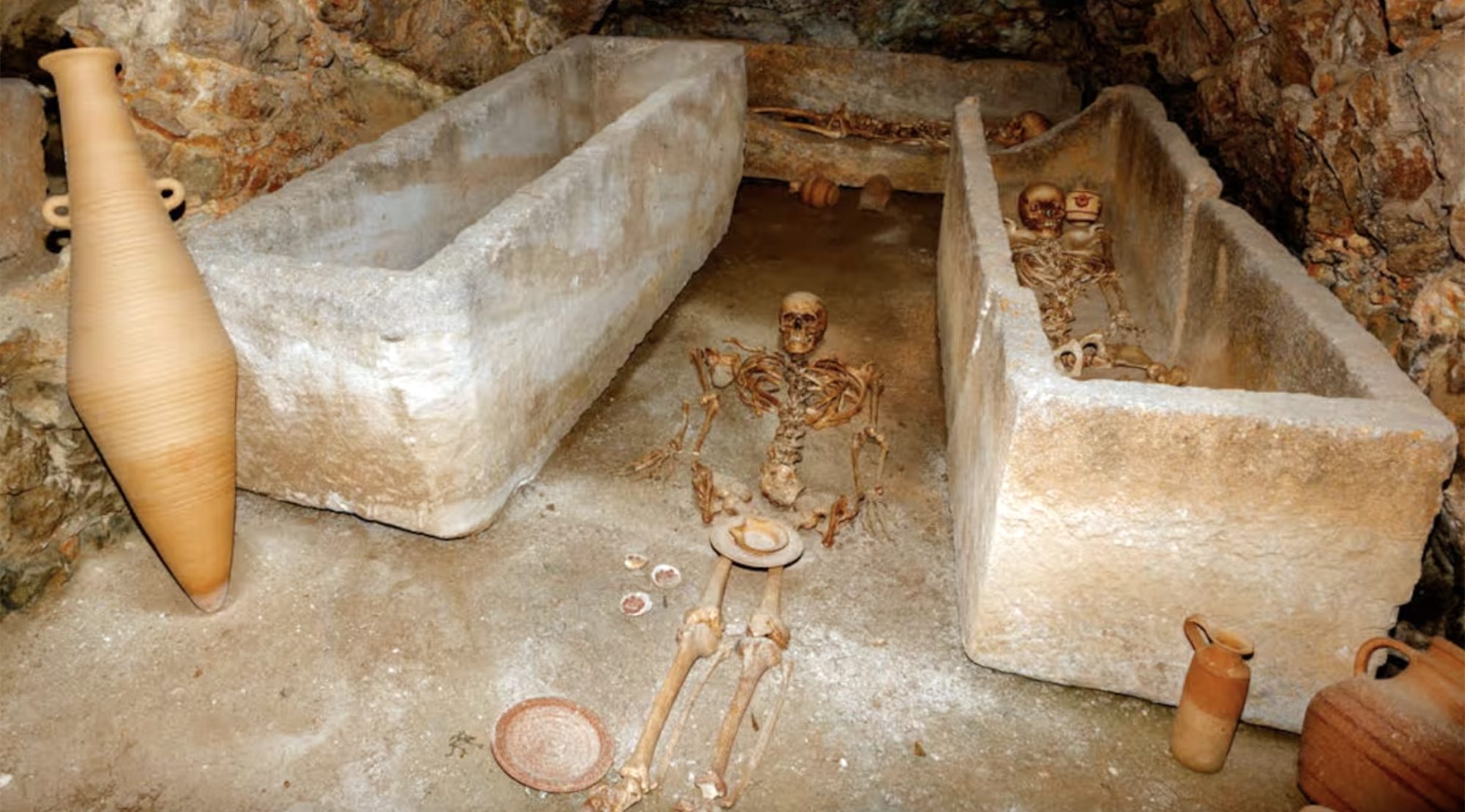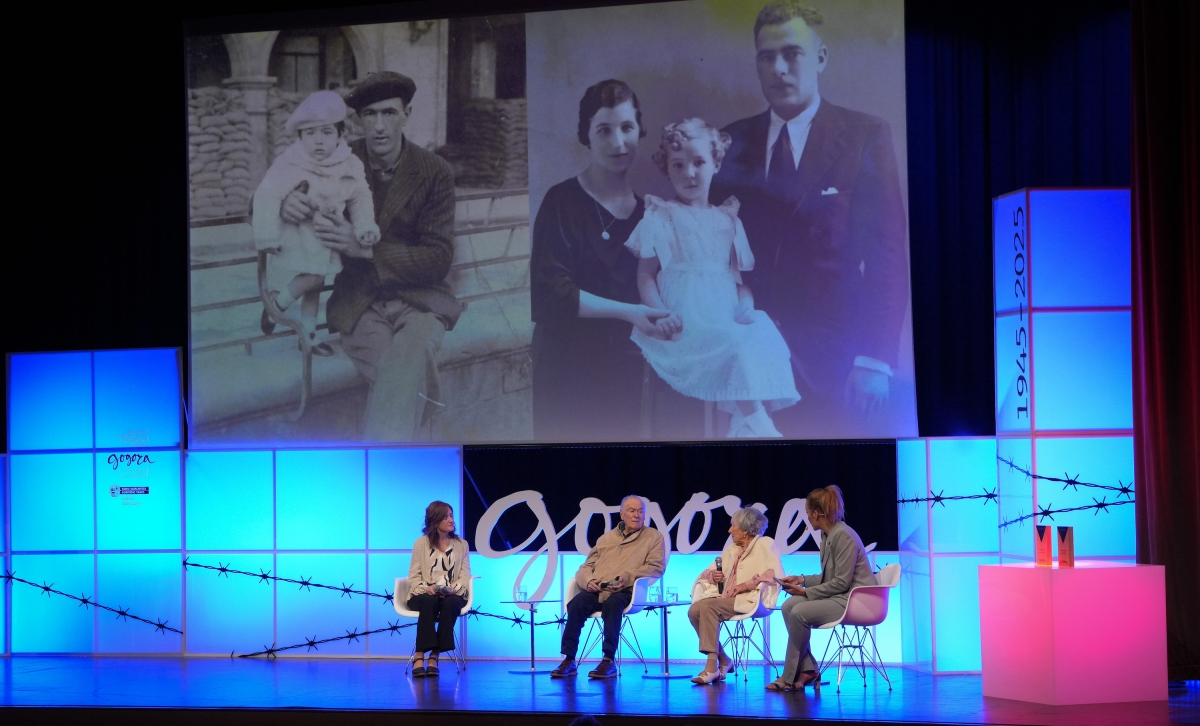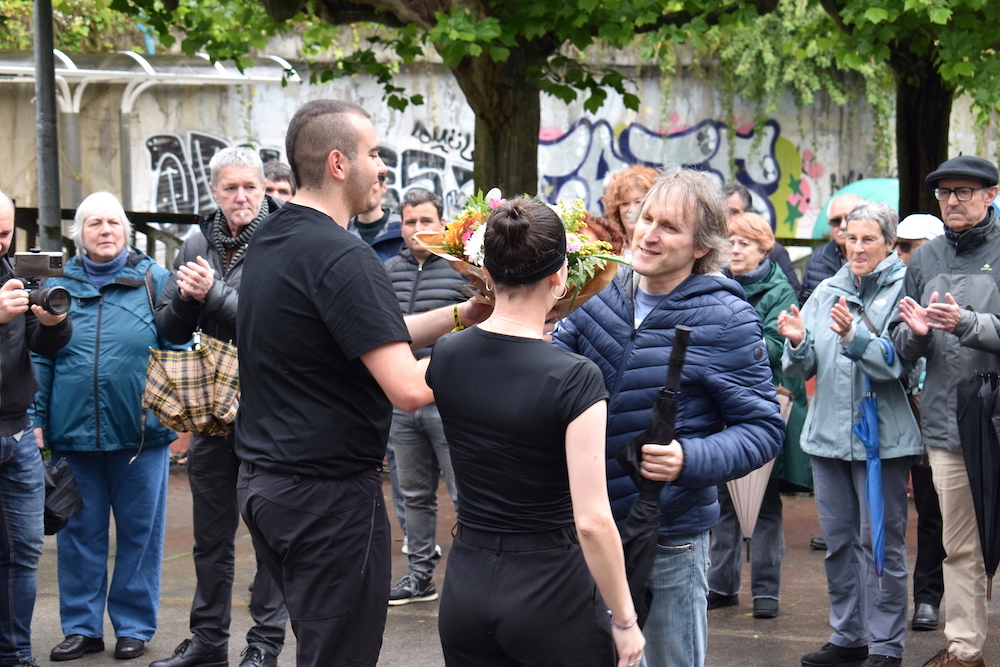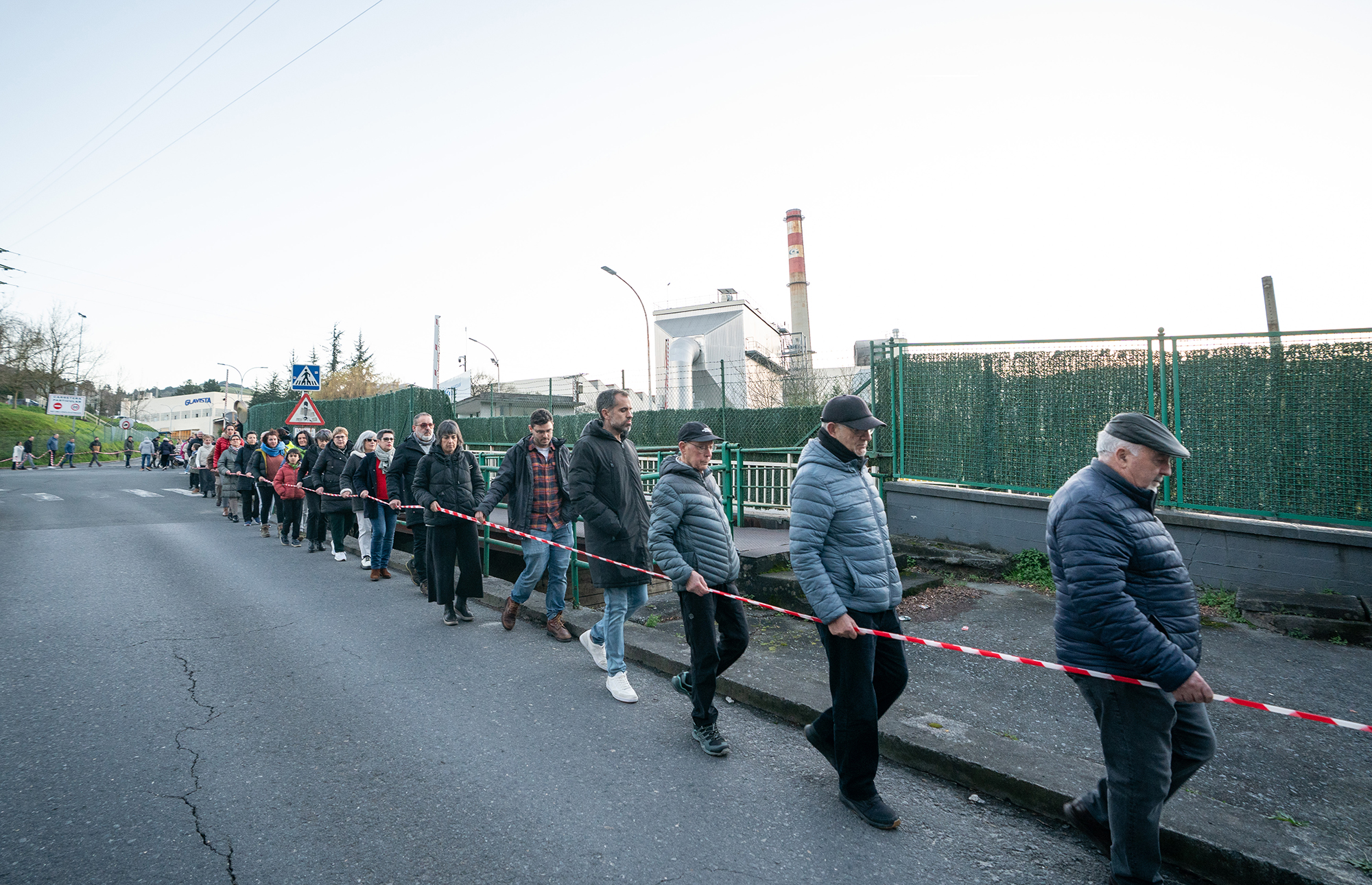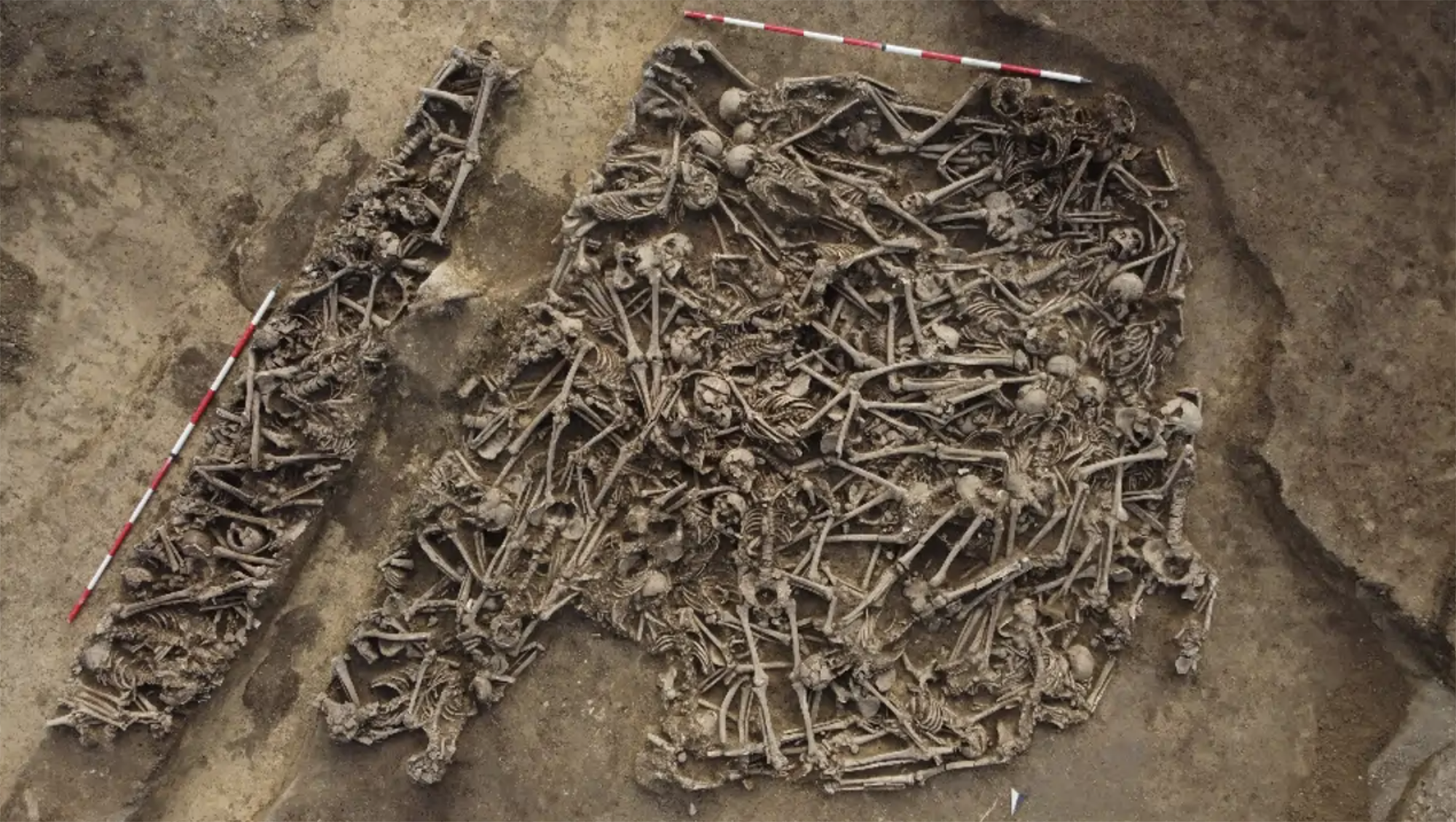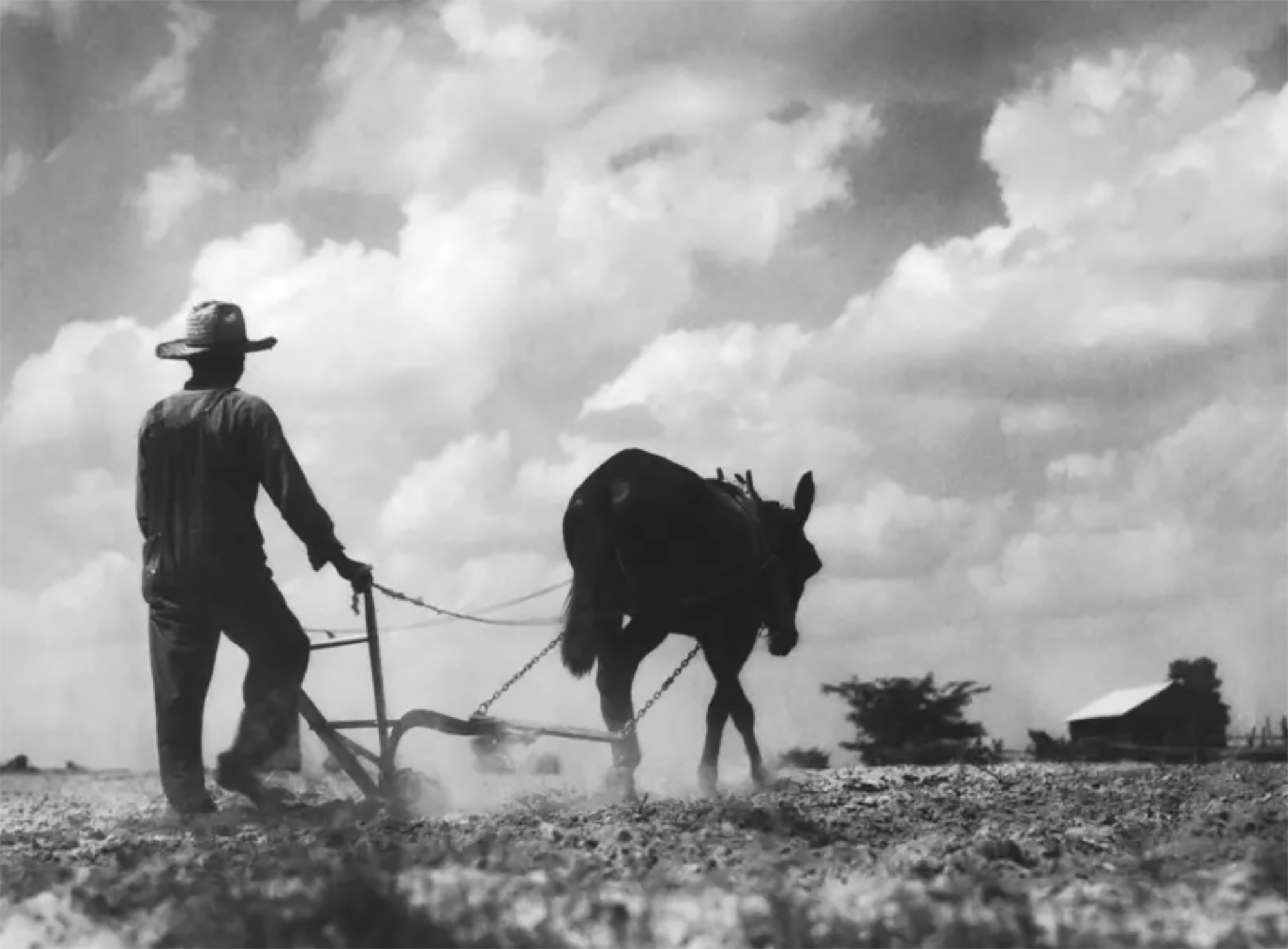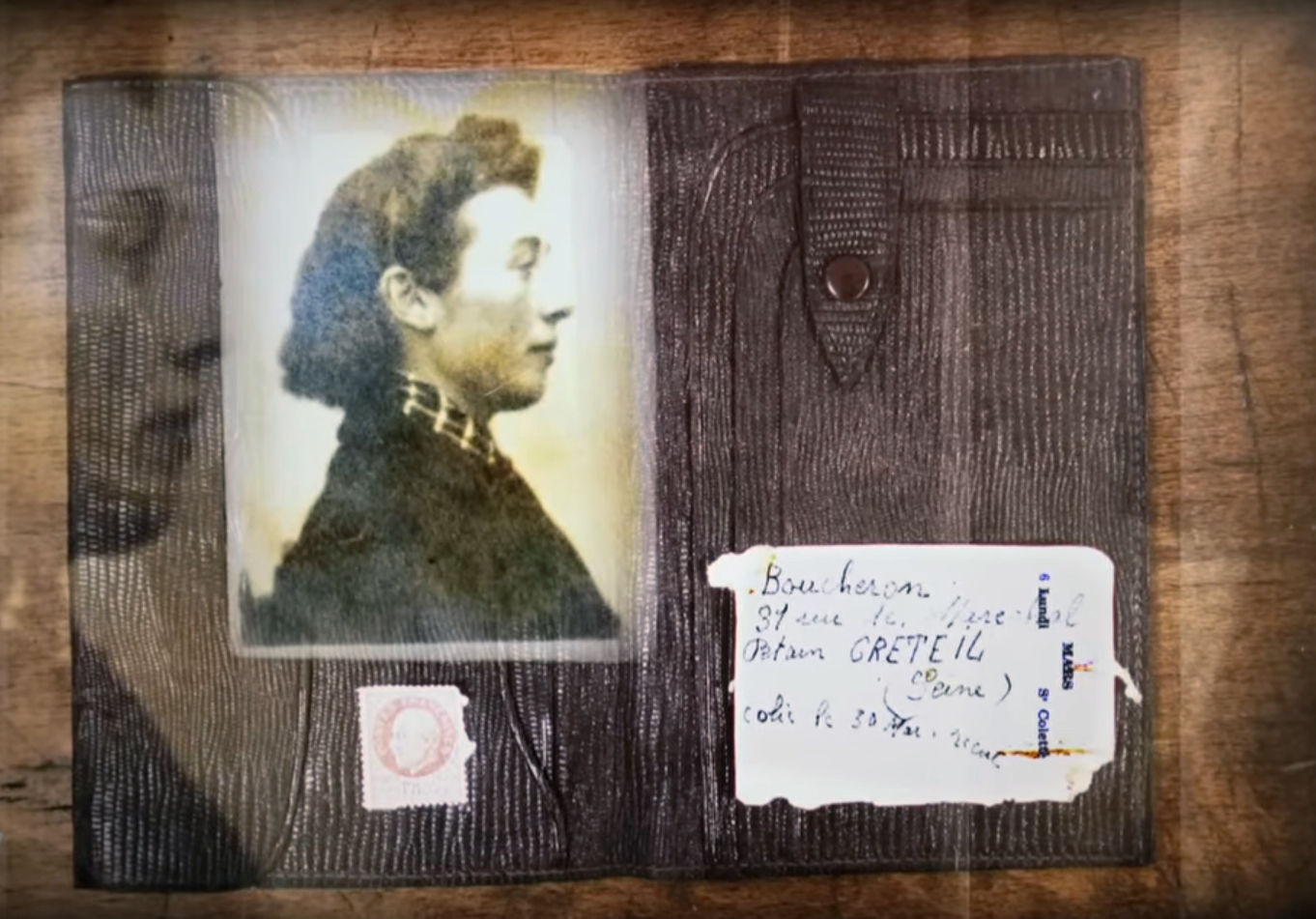Quen era Adolf Eichmann?

Karl Adolf Eichmann (Solingen, Imperio alemán, 1906 - Ramdel, Israel, 1962) foi o oficial superior das SS da Alemaña nazi, especialmente coñecido polo seu nomeamento como “responsable loxístico” da chamada Última Solución ou Última Solución. A planificación do transporte dos deportados aos campos de concentración era a súa responsabilidade. Traballou de forma manual con Reinhard Heydrich, planificando e desenvolvendo entre ambos os emprazamentos, distancias, percorridos e tempos de campos de concentración e carroña. Si había que acelerar os asasinatos dos deportados, Eichmann dicíase “especialmente arrinca”.
O percorrido afiliouse ao Partido Nazi con
26 anos no Partido Nazi, en Austria onde vivía. Un ano despois os nacionalistas nazis chegaron ao poder en Alemaña, Hitler púxose ao mando, e en poucos días Austria declarou ilegal ao partido. Así que, como tantos outros, Eichmann pasou a Alemaña. A mediados da década de 1930 chegou a traballar no Servizo de Seguridade tras varios postos dentro do Partido Nazi. Esta oficina tiña como obxectivo a “vixilancia” das organizacións xudías, que en principio consistía en negociar coas asociacións sionistas organizadas. Querían expulsar aos xudeus do país, elaborando, si era posible, un plan de emigración e chegando a un acordo cos xudeus burgueses, e os diálogos estendéronse no tempo. Fixeron unha visita de inspección a Palestina para crear unha estatua xudía. En contacto directo con estas asociacións chegou a coñecer a residencia dos xudeus que posteriormente deportaría aos campos de concentración.
O proceso de expulsión intensificouse unha vez III. En Reich, en 1938, cando Alemaña anexionou Austria. Abriron en Viena unha importante oficina dedicada á emigración xudía, unha das responsables de Eichmann, e tras os cálculos internos elaboraron un plan masivo de emigración ou expulsión xudía: 110.000 xudeus austríacos abandonaron as súas terras en apenas un ano. Foi unha acción “exitosa” para o Partido Nazi e unha fama para Eichmann. Por tanto, en 1939 foi elixido como cargo da estratexia de “liberar a Alemaña dos xudeus”.
II. Enseguida estalou a Guerra Mundial e os nazis comezaron a complicar a situación para poder pór en marcha todos os plans contra os xudeus. A guerra comezou a endurecerse no Leste, coa intención de invadir a Unión Soviética, e non vían viable seguir cos plans de emigración e deportación. Así, en 1942, o Xefe da Oficina Central de Seguridade de Reich, Heydrich, convocou unha reunión urxente en Berlín, Wannseen, onde os altos cargos decidiron pasar á Solución Final. Eichaman estaba presente nesta reunión e a ela asignóuselle un dos grandes postos de responsabilidade.
Un seis millóns de xudeus foron asasinados polos nazis. Dous de cada tres xudeus que entón vivían en Europa.
In the Chinese province of Shanxi, in a tomb of the Tang dynasty, paintings depicting scenes from the daily lives of the dead are found. In one of these scenes a blonde man appears. Looking at the color of the hair and the facial expression, archaeologists who have studied the... [+]
Carthage, from B.C. Around the 814. The Phoenicians founded a colony and the dominant civilization in the eastern Mediterranean spread to the west. Two and a half centuries later, with the decline of the Phoenician metropolis of Tyre, Carthage became independent and its... [+]
Salvador Puig Antich frankismoaren kontrako militantea izan zen. Askapen Mugimendu Iberikoko kidea, 1973ko irailaren 25ean atxilotu zuten. Gerra-kontseilua egin zioten, eta garrotez exekutatu zuten handik sei hilabetera, 1974ko martxoaren 2an. Aurtengo otsailean baliogabetu du... [+]
Rudolf Botha hizkuntzalari hegoafrikarrak hipotesi bat bota berri du Homo erectus-i buruz: espezieak ahozko komunikazio moduren bat garatu zuen duela milioi bat urte baino gehiago. Homo sapiens-a da, dakigunez, hitz egiteko gai den espezie bakarra eta, beraz, hortik... [+]
Böblingen, Holy Roman Empire, 12 May 1525. Georg Truchsess von Waldburg overthrew the Württemberg insurgent peasants. Three days later, on 15 May, Philip of Hesse and the Duke of Saxony joined forces to crush the Thuringian rebels in Frankenhausen, killing some 5,000 peasants... [+]
During the renovation of a sports field in the Simmering district of Vienna, a mass grave with 150 bodies was discovered in October 2024. They conclude that they were Roman legionnaires and A.D. They died around 100 years ago. Or rather, they were killed.
The bodies were buried... [+]
Washington, D.C., June 17, 1930. The U.S. Congress passed the Tariff Act. It is also known as the Smoot-Hawley Act because it was promoted by Senator Reed Smoot and Representative Willis Hawley.
The law raised import tax limits for about 900 products by 40% to 60% in order to... [+]











